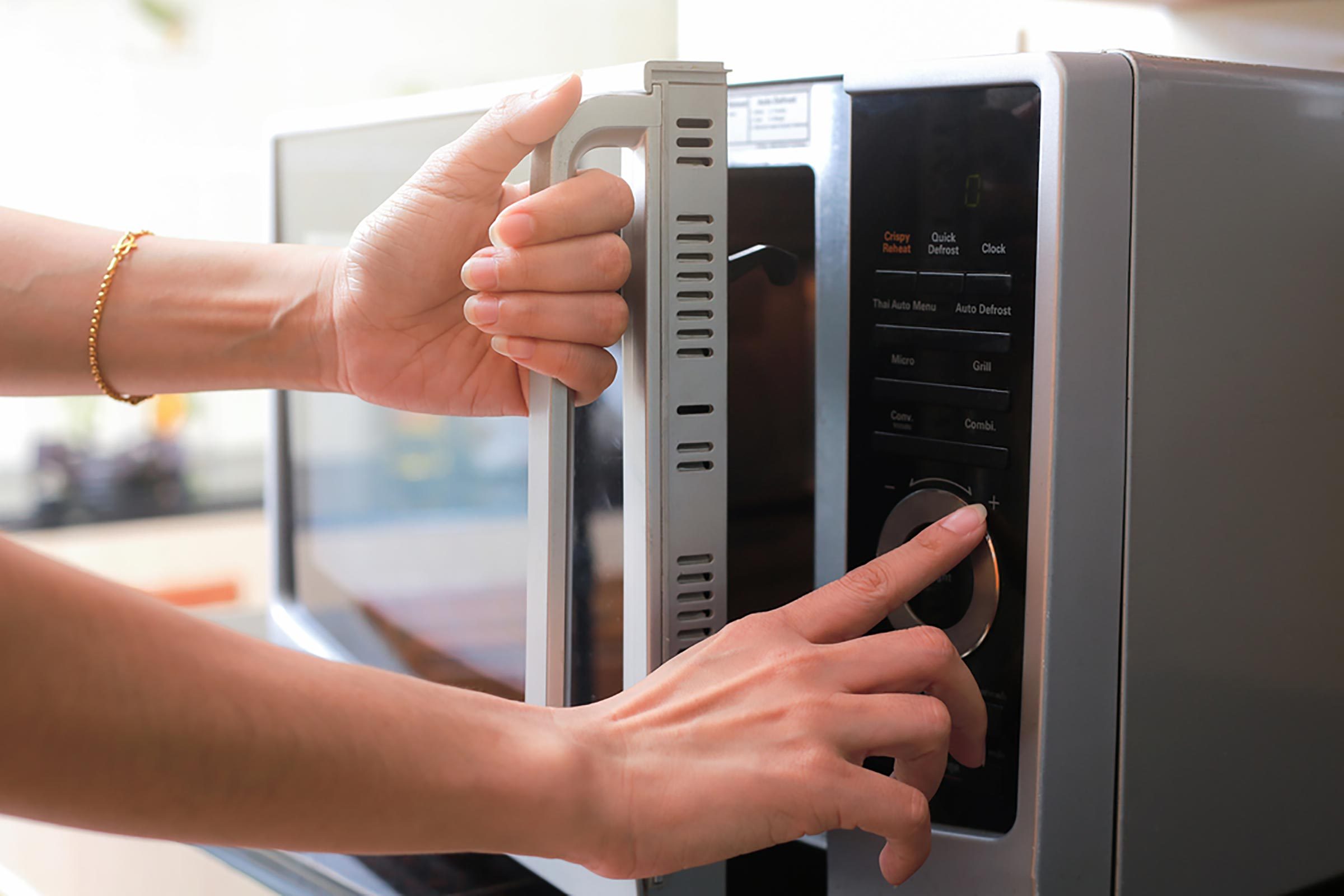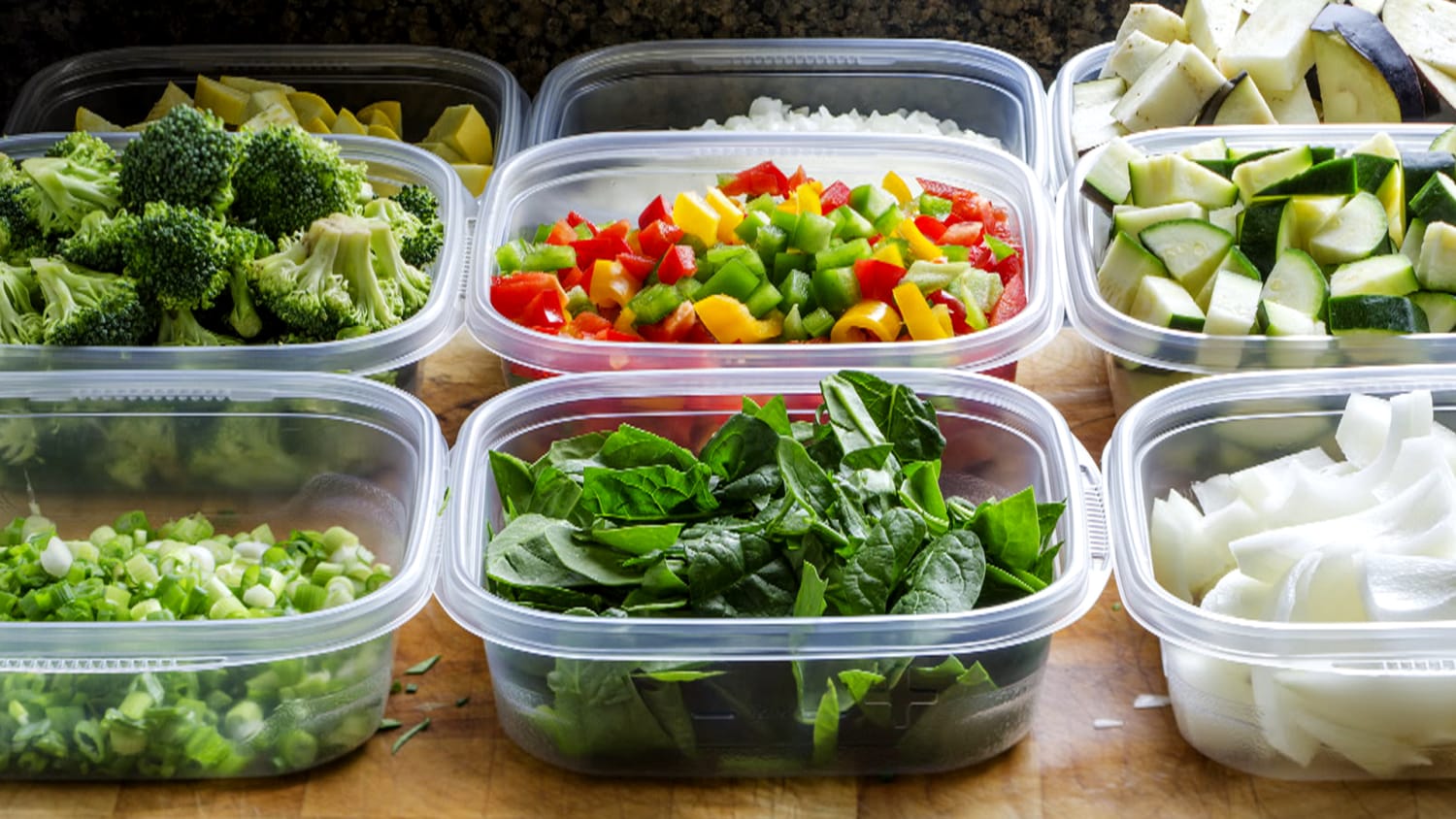Home is where we feel safe and relaxed; yet, there are several hidden dangers at home that may not reveal themselves unless we dig them up. The kitchen is a vital area in the house; it is where we prepare our favorite dishes for our everyday meals and where several families gather for dinner. It is, thus, abuzz with a wide range of tools, appliances, and ingredients, which can sometimes pose serious hazards to the household members.
Microwave ovens have made our lives easier, no doubt; however, whether they can cause us harm or not has been subject for debate. As long as they are used according to manufacturers’ instructions, microwaves are safe. Yet, leakage of high frequency radio waves could occur when the oven is damaged, dirty, or modified. As such, it is crucial to maintain the appliance in good condition and clean the door seals regularly. It is also advisable not to stand in front of the microwave while it is in use.

Despite being very user-friendly, nonstick cookware can be very harmful if not used wisely. Nonstick cookware is coated with a polymer known as Polytetrafluoroethylene (PTFE), which releases hazardous substances and toxic gases under extremely high temperatures. Hence, never put empty nonstick pans on fire to avoid overheating; it is also advisable to use cookware coated with natural materials such as ceramic.

We have all probably heard of the dangers of using plastic kitchenware. Plastics are mainly made of fossil fuels and are modified with toxic chemical additives. These toxins are unleashed overtime by washing, heating, microwaving, and prolonged contact with fatty or oily foods. What makes these additives very alarming is that, when consumed, they have the ability to mimic chemicals in our bodies. For example, Bisphenol A (BPA)—a very notorious additive—mimics the estrogen hormone; it increases insulin resistance, causes chronic inflammation, and develops the risk of heart disease.
To that end, try to replace plastic utensils with glass or stainless steel products. If this option is not feasible, make sure to examine the recycling codes on the bottom of plastic bottles or containers; Code 5, polypropylene, is considered the safest plastic for human use. Last but not least, avoid serving hot foods in plastic containers, and avoid washing them with harsh detergents and hot water.

Bacteria, such as E. coli and salmonella, are invisible killers that lurk in our kitchens. Handling raw meat and poultry without paying attention to cross-contamination can lead to serious foodborne illnesses. The bacteria can easily spread over kitchen surfaces when wiped by contaminated sponges or cloths. Exposure to these bacteria can be serious for children, elderly people, and pregnant women.
Make sure to sanitize kitchen surfaces and disinfect utensils used for processing raw meat regularly. Never use the same cutting board you use for cutting raw meats to cut any other foods, whether fruits or vegetables, or cooked. Moreover, you should wash your hands with hot soapy water between tasks and replace the kitchen sponge and cloths on short intervals.

References
myhealthyhome.com
wholenewmom.com
who.int
thedailymeal.com
smallbusiness.chron.com
home.howstuffworks.com
Cover Photo form PxHere